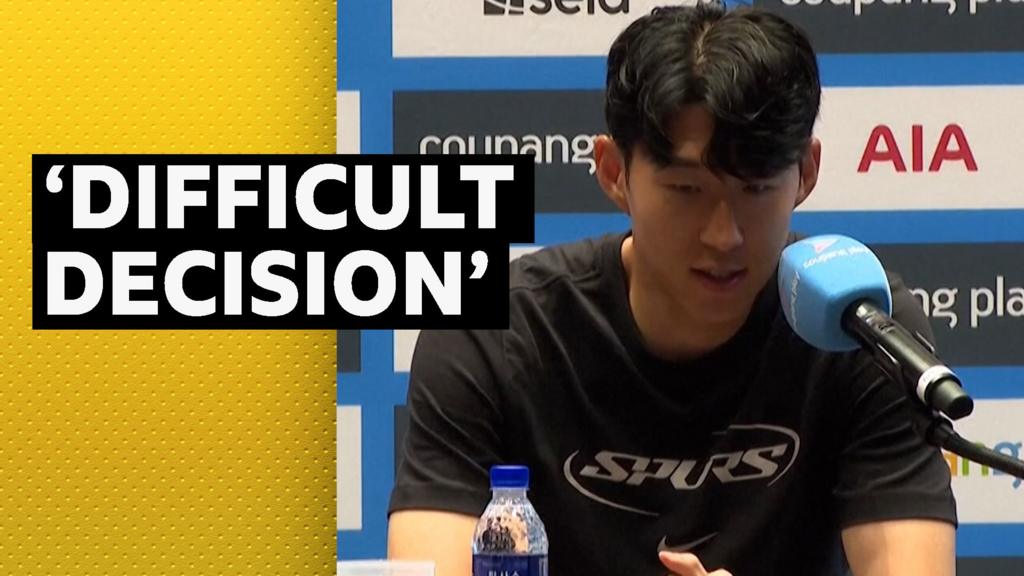
Son Heung-min's announced departure after a decade at Tottenham marks more than just the loss of a prolific goalscorer. It represents a potential inflection point in the club's strategic direction, forcing a reassessment of their attacking identity and long-term ambitions. The data suggests this transition could be more challenging than initially perceived, demanding a proactive and insightful response from the Spurs hierarchy.
Son's performance metrics speak for themselves. Consistently delivering goals and assists, his output has been crucial to Tottenham's attacking threat. Looking at the past five seasons, his average of 0.45 goals per game, coupled with his assist rate, highlights his significant contribution. Replacing this output isn't simply about finding another forward; it's about finding a player who can seamlessly integrate into the existing system and provide a similar level of consistent performance under pressure.
Son's versatility has been invaluable. His ability to play across the front line, his work rate, and his understanding of the game allowed managers to adapt their formations and strategies. Consider, for example, how Jose Mourinho utilized him in counter-attacking systems, exploiting his pace and directness. Ange Postecoglou, with his emphasis on high-pressing and attacking football, benefited from Son's ability to lead the line and stretch defenses. Replacing that tactical flexibility requires a shrewd understanding of the market and a clear vision of the team's future playing style.
The transfer market context adds another layer of complexity. Identifying a suitable replacement will be challenging, particularly given the inflated prices for proven goalscorers. Tottenham might need to explore alternative strategies, such as investing in multiple players to share the goal-scoring burden or focusing on developing talent from within the academy. The success probability of each approach varies considerably and depends on the club's scouting network, coaching capabilities, and willingness to take calculated risks. Could a move for a promising but less-established striker, coupled with a tactical shift to redistribute attacking responsibilities, prove a more sustainable long-term solution than chasing a marquee signing who might not fit the system?
Son's departure compels Tottenham to confront fundamental questions about their identity and ambitions. Do they aim to replicate his individual brilliance, or do they prioritize building a more collective and adaptable attacking unit? The answer will determine their approach in the transfer market and shape their long-term prospects. What if this forces Spurs to re-evaluate their entire approach to player recruitment and development, potentially leading to a more sustainable and less star-dependent model? The next few transfer windows will be critical in defining the post-Son era at Tottenham.